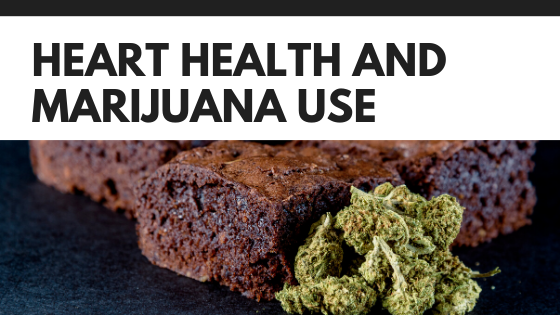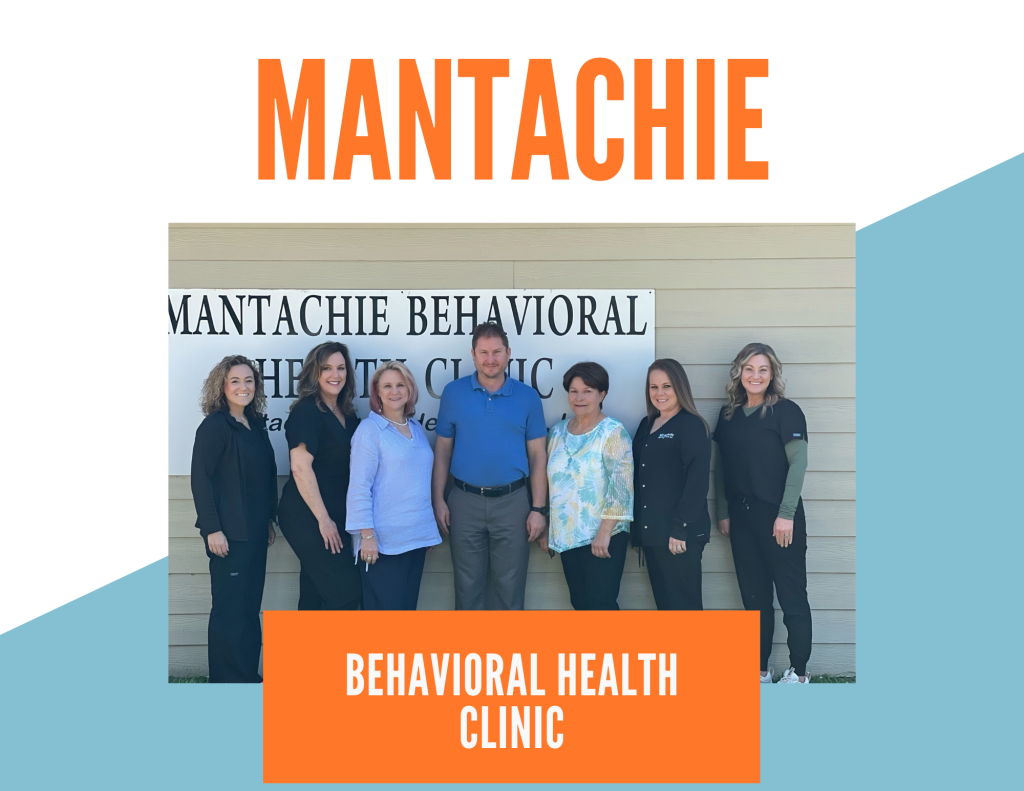
As of January, Illinois joins the growing number of states where recreational use of marijuana is legal. Eleven states allow adults over the age of 21 to purchase weed for recreational use, and thirty-three allow it for medical use. While Mississippi doesn’t fall into either of those categories, many residents use the substance illegally and others will experiment when visiting states where it is legal. We urge caution for all our patients, but particularly those with heart problems.
Studies have shown marijuana use increases heart rate, dilates blood vessels, and forces the heart to pump harder. This effect increases the risk of heart attack in the hour after smoking pot.
A more recent study in England found an enlargement of the heart in regular marijuana users. Former users who stopped consumption of pot had normal-sized hearts leading researchers to believe the effect is reversible.
Because marijuana is still illegal in many states and countries, few studies about the long term effects exist. More studies are needed to understand the effects of both medical and recreational use of weed on the body.
Heart Health
Just because you don’t use marijuana doesn’t mean you’re in the clear for heart disease though. Almost everyone has some risk factors for heart disease. Some we can’t control such as:
- Male sex
- Older age
- Family history of heart disease
- Being postmenopausal
- Race (African-Americans, American Indians, and Mexican Americans are more likely to have heart disease than Caucasians.)
Other risk factors we can control:
- Smoking
- High LDL, or “bad” cholesterol, and low HDL, or “good” cholesterol
- Uncontrolled high blood pressure
- Physical inactivity
- Obesity (having a BMI greater than 25)
- Uncontrolled diabetes
- High C-reactive protein
- Uncontrolled stress, depression, and anger
- Poor diet
- Alcohol use
We have a doctor, nurse practitioners, and a dietician on staff to assist you as you work to decrease your risk of heart disease and improve your overall health.






